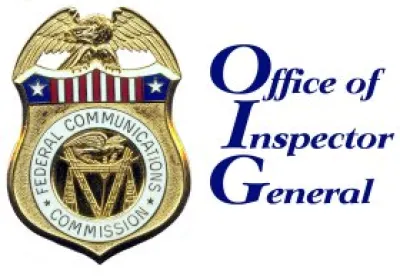On Oct. 25, 2023, the Office of Inspector General (OIG) for the Department of Health and Human Services (DHHS) issued an unfavorable opinion in response to a manufacturer’s proposal to offer and provide a free compatible hearing aid to certain patients, including federal health care program beneficiaries, who receive one of the manufacturer’s cochlear implants – the “arrangement” in this text. The hearing aids have a retail value of between $1,180 to $2,240, and the patients would receive them for free. Although the implants are reimbursable by Medicare, the hearing aids are not.
The OIG expressed concern that the arrangement would encourage patients to choose the manufacturer’s implant device over other options. Accordingly, the OIG concluded that, if undertaken with the requisite intent, the arrangement may generate prohibited remuneration under the Anti-Kickback Statute (AKS) and the civil monetary penalty provisions prohibiting inducements to beneficiaries of federal healthcare programs (Beneficiary Inducements CMP).
A. Anti-Kickback Statute
Unsurprisingly, the OIG determined that the arrangement would implicate the AKS because the manufacturer would offer and provide renumeration in the form of a free hearing aid to eligible patients, thereby potentially inducing patients and their providers to order and purchase the manufacturer’s implant device, which is reimbursable by federal healthcare programs. The OIG concluded that no safe harbor under the AKS would protect the arrangement.
The OIG explained its concern that the renumeration could promote steering and unfair competition. The free hearing aid could induce patients to choose the manufacturer’s implant device over a competitor’s device or a different clinically appropriate item or service used to treat hearing loss. In addition, permitting large providers with the resources to give away items of high value, such as the hearing aid, could disadvantage smaller providers and businesses.
B. Beneficiary Inducements CMP
Although there are exceptions to the definition of “remuneration” under the Beneficiary Inducements CMP, such as promoting access to care or demonstrating financial need, the OIG reasoned that none would apply under the manufacturer’s arrangement. Accordingly, the OIG concluded that the arrangement would implicate the Beneficiary Inducements CMP and could influence a beneficiary to select the manufacturer’s product over others.
C. Conclusion
This advisory opinion reiterates the OIG’s longstanding and continuing concerns of fraud and abuse resulting from the provision of free items or services to federal health care program beneficiaries.
The full advisory opinion is available here.





 />i
/>i

